.webp)
Final Fantasy VII Rebirth Review
Here’s something I never thought I’d say: the original Final Fantasy VII was too short. I’ve played through the classic RPG, which spans three discs and more than 30 hours, multiple times and always thought I largely understood it. And yet I now realize that various elements of its convoluted plot have actually escaped me. So here I am, a few decades later, and I finally understand (most of) what the hell is going on — and that’s because of Final Fantasy VII Rebirth.
It’s the follow-up to 2020’s Final Fantasy VII Remake, and the second part in a planned trilogy that reimagines and expands upon the 1997 original. It’s a game that introduces a huge open world to the franchise and further fleshes out some key plot points and moments, while adding whole new elements to the experience. Not every addition is welcome — there’s definitely some filler here — but Rebirth fills out the middle of FF7’s story in a way that makes it deeper and easier to grasp.
Remake ended at a pivotal point in the FF7 story. Our team of heroes, led by the mercenary Cloud Strife, had just left the cyberpunk megacity Midgar in order to search out the villain Sephiroth in the big wide world. There are quite a few things going on here, but crucially a company called Shinra has been siphoning a substance called Mako, which is a handy source of electricity that also happens to be killing the planet. Cloud and friends want to stop that from happening. So does Sephiroth, but his apocalyptic vision will be good for the planet and very bad for humanity. Rebirth follows the crew as they attempt to fight off both villains and, you know, save the world.
Note: this is a spoiler-free review, with no discussion of possible character deaths.
The most obvious change in this game is just how big it is. In the original FF7, there was a distinct moment when players left Midgar and realized how much more there was to this world. Unfortunately, that feeling didn’t last long — compared to the more fully realized Midgar, the rest of the locations in FF7 felt tiny and underdeveloped. That’s no longer the case. Rebirth builds out the world so that you’re no longer visiting simple towns with a few residents and little background detail. Instead, you’ll be exploring everything from struggling mining towns to happy-go-lucky resorts to mysterious research facilities, each with their own history and secrets.
This allows the developers to add a bunch of flesh to the skeleton of FF7’s midgame narrative. There are plenty of pivotal elements — like how the hard-nosed Barret got a gun for an arm, or the kaiju-like Weapon creatures — that got short shrift in the original. Here, they’re presented as major plot points that you can fully explore and understand thanks to the more expansive spaces and story.
The new scale also gives you more things to do in the game. Rebirth is still an action RPG, one with combat that’s a mashup of twitchy action and the turn-based stuff found in classic RPGs. (Basically, you can hack-and-slash your way through fights, but also pause to choose spells or special moves from a menu.) And the dungeons still largely force you through a series of tunnels with some light puzzle solving. But in between all of that is an expansive space that feels like a typically modern open world, not all that different from a Far Cry or Legend of Zelda. You explore to fill out your map, unlock towers to find new points of interest, and complete quests by killing rare beasts or… rounding up cute little Moogles.
A lot of the tasks are fairly mundane but given just enough of a FF7 twist to be interesting. I found myself really engrossed in wrangling Chocobos (giant chickens you can ride like a horse) and seeking out all of the towers in each area to please an AI bot. Same with the various side quests, which often had fun story elements, like the time I had a heart-to-heart with Barret about parenting while protecting a delivery dog. Eventually, though, my interest petered out. As Rebirth’s story kicked into gear, I could think of nothing else but saving the planet. Thankfully, the game seems to give you the freedom to do as much or as little extra stuff as you want; I didn’t find myself underpowered in the latter portions of the game.
That tension is core to the experience. Yes, there’s a thrilling story that propels you forward (though it takes a little while to get going). But there are also many more diversions than in a typical Final Fantasy game, including a huge number of mini-games. Some are pertinent to the story — you’ll have to get good at racing Chocobos and swimming with dolphins — but others are largely optional. My favorite is Queen’s Blood, a Magic: the Gathering-style card game where you can collect cards, build decks, and challenge characters in pretty much every town. There’s even a whole quest line about winning a tournament. It’s so good that I was almost late filing this review because I couldn’t stop playing just one more round.
While there are a lot of great additions, Rebirth could’ve also done with some trimming. It’s not just that there’s too much going on — though it can feel like it at times — but that some of it feels very superfluous. A few of the mini-games are just plain frustrating, like the boxing arcade game, and similarly some of the one-off gameplay sections can get tedious. For instance, Rebirth has a fairly large cast of playable characters, each of whom have unique mechanics that you typically have to use at least a few times. Unfortunately, one of these involves a talking cat that can throw boxes at switches, yet moves slowly and aims poorly. It was the only time I put my controller down and stepped away out of frustration.
That said, most of the updates and remixed elements are great, and they not only make Rebirth feel like a modern reimagining of a classic, they still maintain the spirit of the original. Which is to say: things get really silly and weird. Seriously, you can ride around a resort on a Segway and stay in a haunted house-themed hotel and play dress-up with a giant chicken. The goofy elements stand in stark contrast with the whole fate of the planet thing, but that’s always been a part of the franchise’s charm. And, despite all the new info, there are still plenty of confusing new narrative aspects with plot threads still to be wrapped.
It’s those unresolved moments and raised questions that make the prospect of playing through yet another game in the future so enticing. It gets a little silly, and occasionally frustrating, but at its core Rebirth gives me not just more of what I loved about the original, but a deeper understanding of its world and characters. And after 80 hours spread across two games, there’s still a lot to learn.

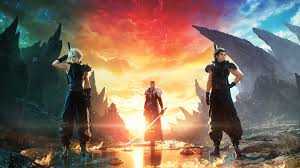
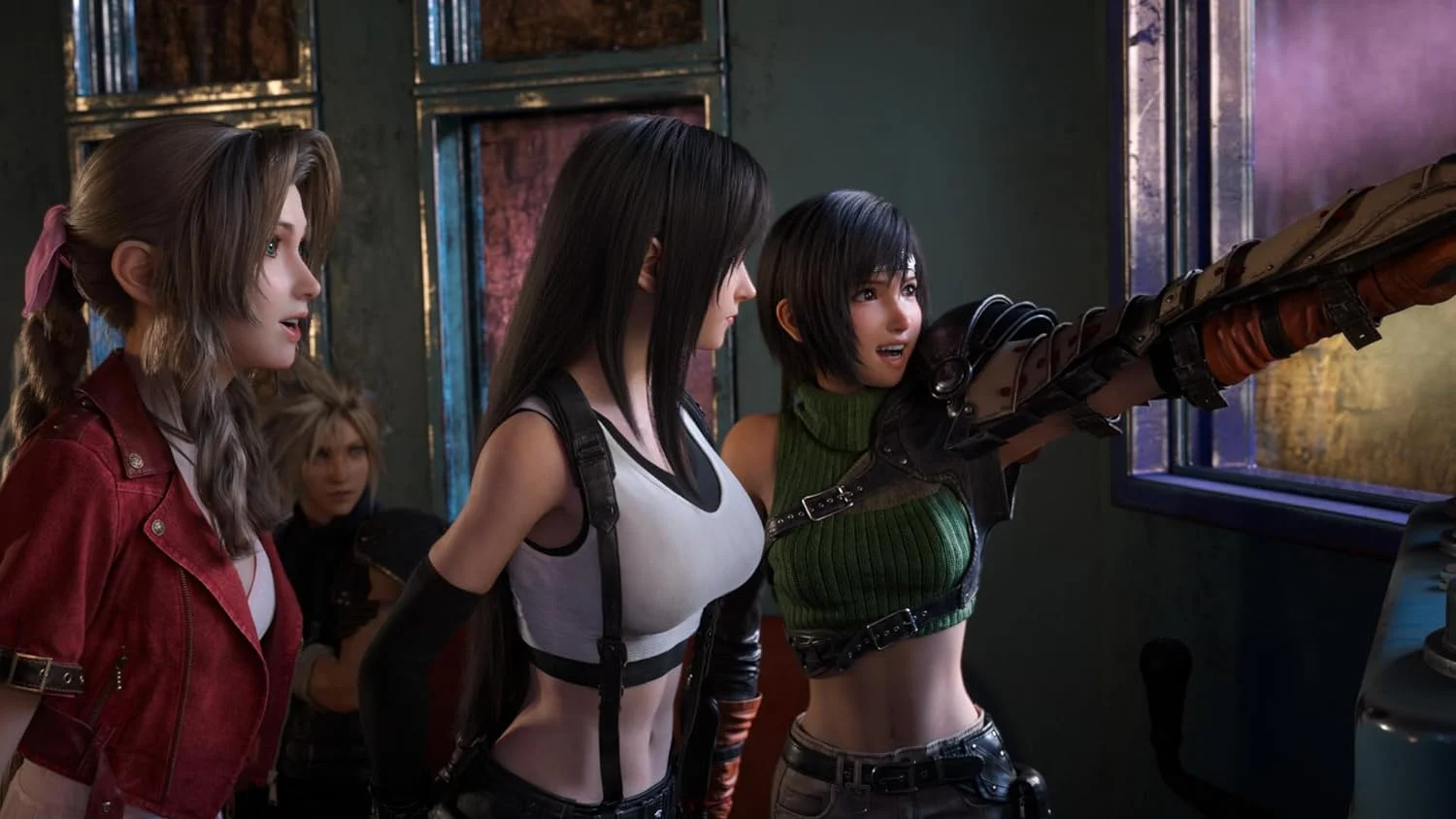
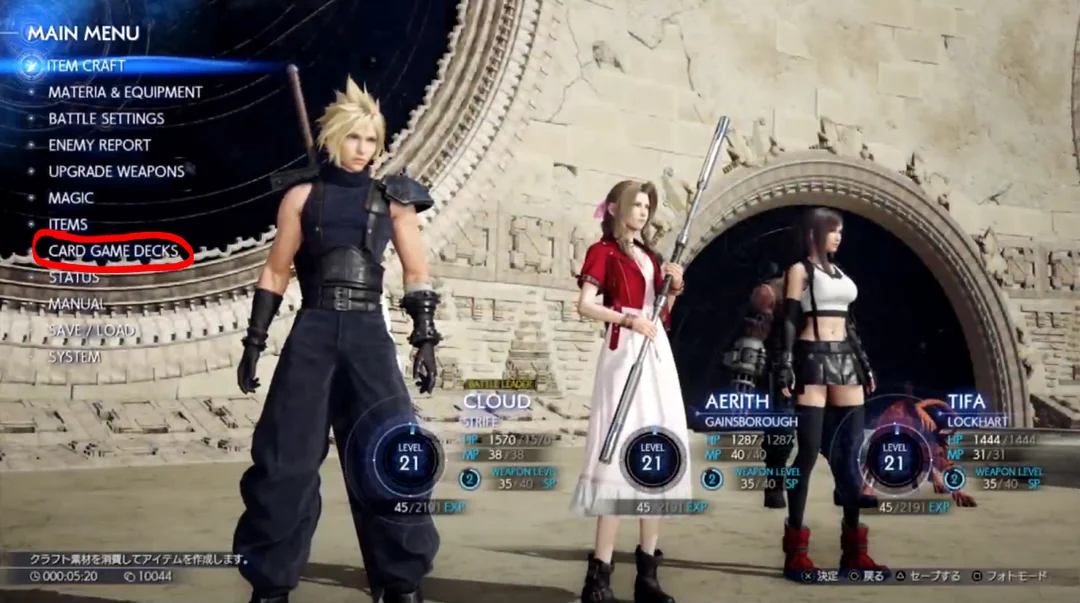
.webp)
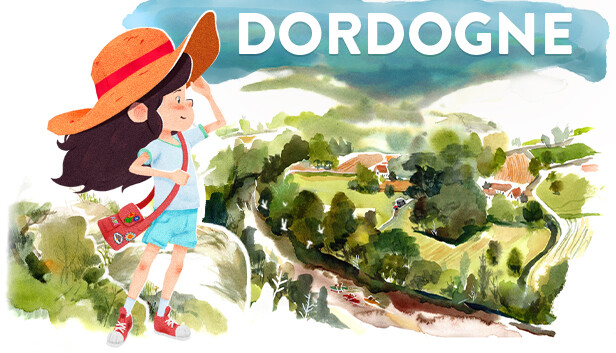
.webp)
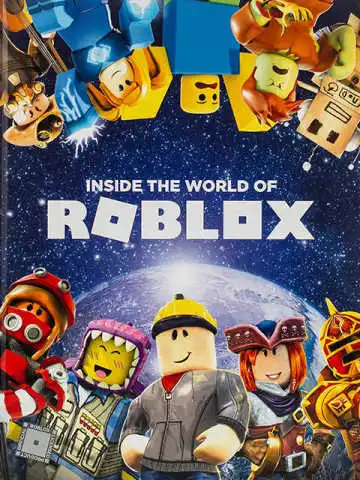
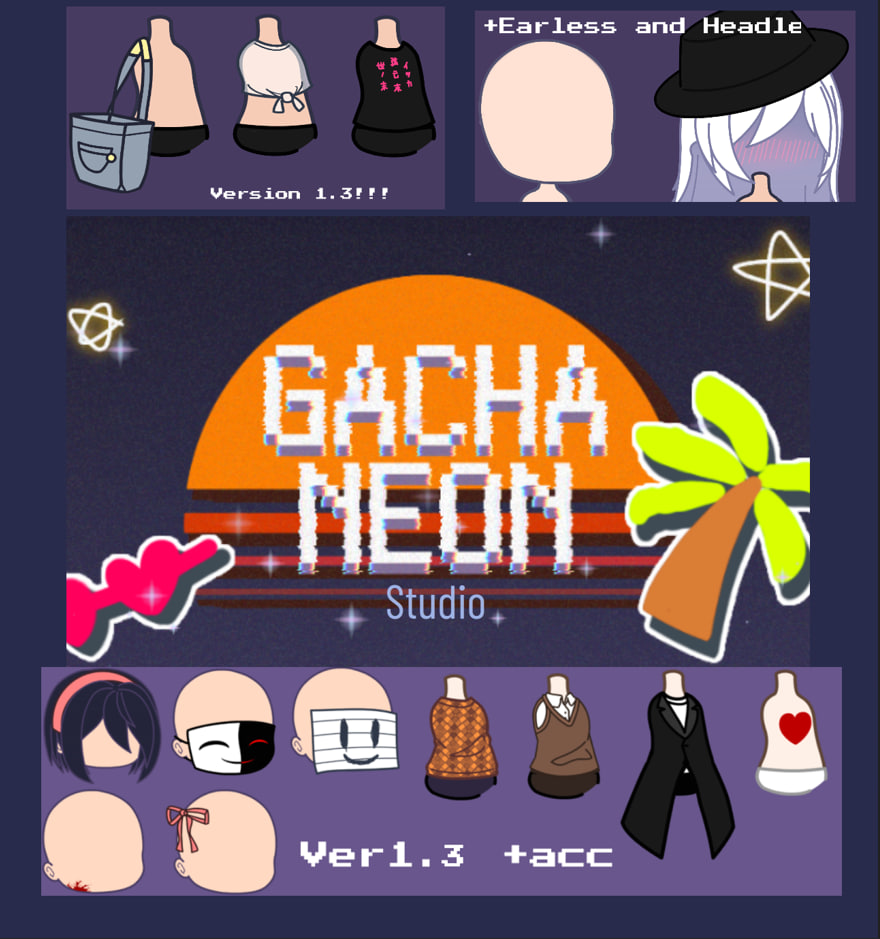
.webp)

.webp)
.webp)